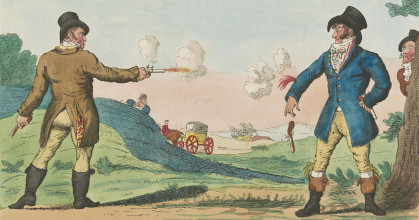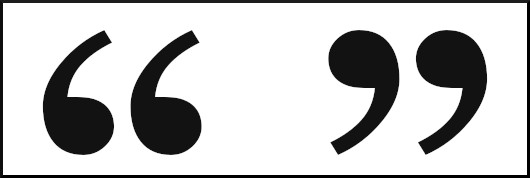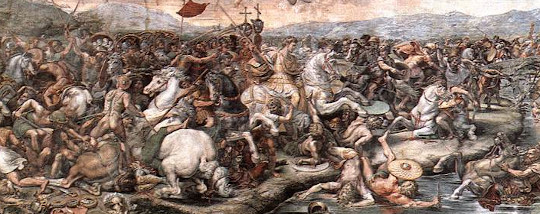Greek Proverb? Indian Proverb? Marcus Tullius Cicero? Joycelyn Elders? Warren Buffett? Hyacinthe Loyson? M. Trottier?

Question for Quote Investigator: A popular adage praises people whose selfless actions are designed to benefit future generations. Here are two versions:
- Blessed are old people who plant trees knowing that they shall never sit in the shade of their foliage.
- Those who plant trees, knowing that only others will enjoy the shade, are public benefactors.
Would you please explore the provenance of this saying?
Reply from Quote Investigator: The earliest match known to QI appeared in a sermon by French theologian Hyacinthe Loyson delivered in Paris in 1866. Boldface added to excerpts by QI:1
Ces arbres qu’il plante et à l’ombre desquels il ne s’assoira pas, il les aime pour eux-mêmes et pour ses enfants, et pour les enfants de ses enfants, sur qui s’étendront leurs rameaux.
The sermon was translated into English and published in 1870. Hyacinthe Loyson approvingly described the actions of the proto-farmer:2
These trees which he plants, and under whose shade he shall never sit, he loves them for themselves, and for the sake of his children and his children’s children, who are to sit beneath the shadow of their spreading boughs.
The above prolix passage did not directly state that the planter was blessed. A closer match to the adage under scrutiny appeared in “The Pall Mall Gazette” of London in 1868 within an article titled “Australian Trees and Algerian Deserts”. The article presented a compact saying described as an Indian proverb; hence, the attribution was anonymous. Interestingly, the source text was a French article published in 1868 by M. Trotter:3
The Eucalyptus globulus at fifteen years of age is as valuable as an oak tree of one hundred years. One seed planted near Algiers four years ago is now a tree three feet in circumference at the base. The man who plants the hills of Africa with these trees, though he is no less blessed, does not require the faith spoken of in the Indian proverb, “Blessed is he who plants trees under whose shade he will never sit.”
QI believes that The adage evolved over a long period. Below are additional selected citations in chronological order.
Continue reading “Quote Origin: Blessed Are Those Who Plant Trees Under Whose Shade They Will Never Sit”






